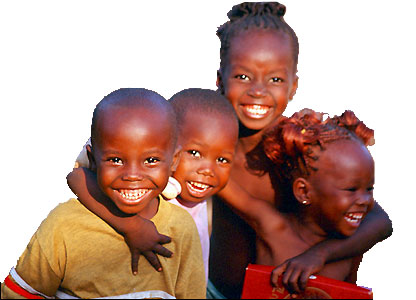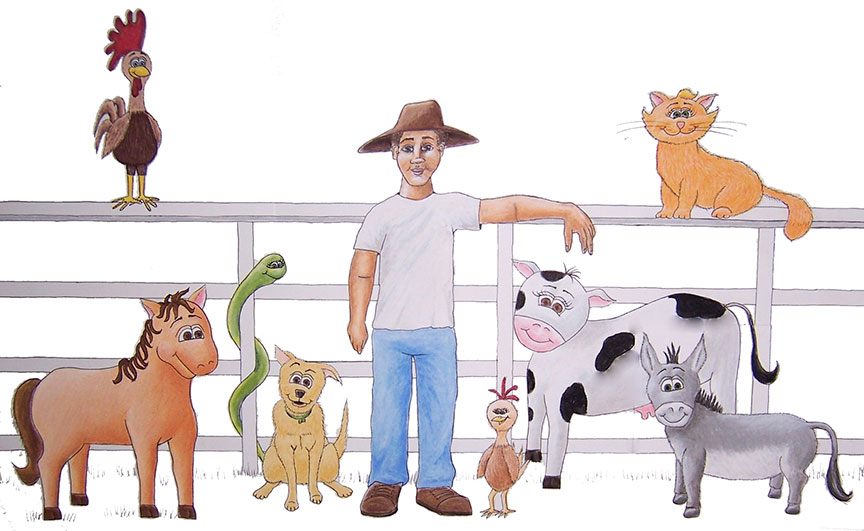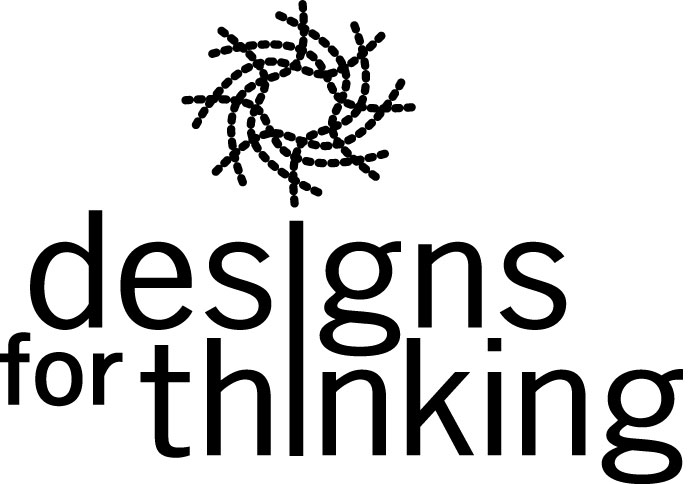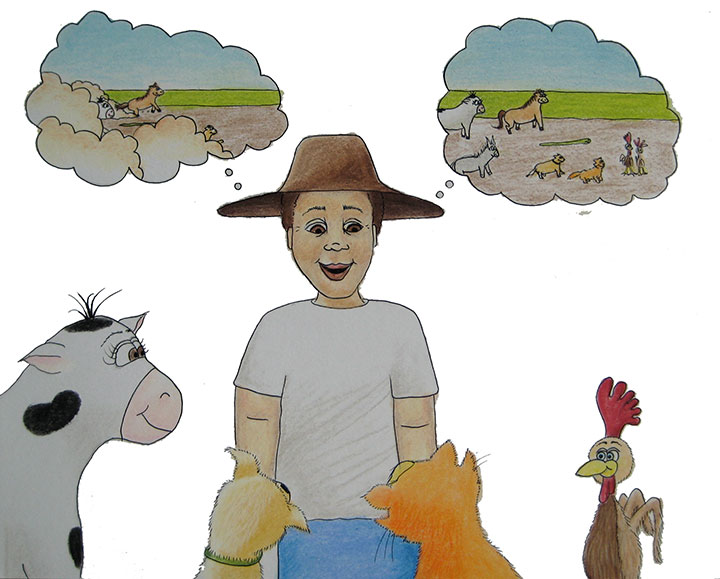What is Thinking Friends® About?
“…the brain changes in radical ways over the first few years
of life, and it changes in response to experience. In other words, the brain learns.”
——Gopnik, Meltzoff and Kuhl, The Scientist in the Crib
As teachers, researchers and parents with many years of experience working with young children on developing cognition and improving learning, we created the Thinking Friends to help developing young children become more purposeful and mindful thinkers. We understand that from birth, children are in constant and dynamic interaction with the world around them.
About continued...
 From their experiences, children continually make and remake their world. They are literally and figuratively, works in progress—being in the moment and, at the same time, developing their brains and minds. As the authors of The Scientist in the Crib have written, “Babies are born with powerful programs already booted up and ready to run. ” We know, too, that the significant people in their lives can interact with children in ways that have tremendous influence on how children apply the amazing organ we call the “brain” and use it to construct and reconstruct their understanding of the world around them.
From their experiences, children continually make and remake their world. They are literally and figuratively, works in progress—being in the moment and, at the same time, developing their brains and minds. As the authors of The Scientist in the Crib have written, “Babies are born with powerful programs already booted up and ready to run. ” We know, too, that the significant people in their lives can interact with children in ways that have tremendous influence on how children apply the amazing organ we call the “brain” and use it to construct and reconstruct their understanding of the world around them.
Doesn’t thinking develop naturally in young children?
As Art Costa wrote, “Although thinking is innate and spontaneous, skillful thinking must be cultivated.” Cognitive skills can be nurtured. The brain thinks—as the heart beats. But unlike the heart which is involuntary and out of our control, the mind is within our conscious control. We can start in childhood to teach children how to direct their minds and use them more purposefully by helping them first understand the thinking they are doing and when it is needed.
What makes Thinking Friends® effective with young children?
Young children are first introduced to each of the characters through the stories. As the children become more familiar with the characters and their individual cognitive strengths and style,the stories become more complex. The “thinking friends” begin to think and work together to improve and expand their own thinking, content learning, problem solving and social-emotional approaches to building relationships. Along with the characters, the children learn to appreciate the complexity of ideas, the different perspectives that can be taken, the value of working cooperatively and the open-mindedness so vital to successful learning.
In what other important ways do young children
benefit from Thinking Friends®?
 Young children also benefit from becoming aware of the ways in which they can direct their actions most effectively and productively. Learning to act reflectively, flexibly, precisely, persistently and interdependently can support successful learning in all aspects of a child’s life. During the reading of the stories, concepts and behaviors can be reinforced through emphasis on key ideas as they are introduced. At the conclusion of the story, adults can guide children in continuing to build upon emotional connections and introduce meaningful practice with the type of thinking. This will help with retention of the idea, reinforce and strengthen the neural connections—and ultimately transfer it for use in other settings. Through modeling and practice children will develop the thinking skills and the key dispositions that are essential to successful learning--flexibility, precision, reflection, persistence and interdependence.
Young children also benefit from becoming aware of the ways in which they can direct their actions most effectively and productively. Learning to act reflectively, flexibly, precisely, persistently and interdependently can support successful learning in all aspects of a child’s life. During the reading of the stories, concepts and behaviors can be reinforced through emphasis on key ideas as they are introduced. At the conclusion of the story, adults can guide children in continuing to build upon emotional connections and introduce meaningful practice with the type of thinking. This will help with retention of the idea, reinforce and strengthen the neural connections—and ultimately transfer it for use in other settings. Through modeling and practice children will develop the thinking skills and the key dispositions that are essential to successful learning--flexibility, precision, reflection, persistence and interdependence.




